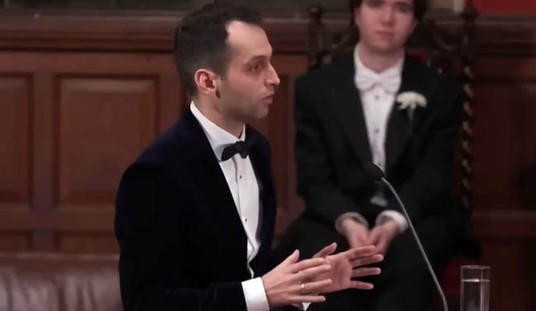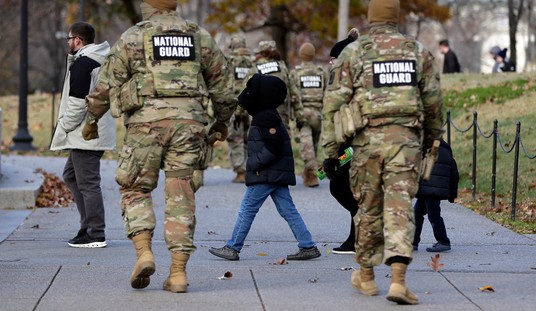The city of Los Angeles has handled the Occupy protest at City Hall with a great deal of deference, but even this might be going too far for its laid-back citizenry. Instead of clearing the plaza as other cities have begun to do with their own protesters, Mayor Anthony Villaraigosa wants to play Let’s Make a Deal, offering farmland and office space in a $1 per year lease as a trade for leaving grounds:
Los Angeles officials have offered Occupy L.A. protesters a package of incentives that includes downtown office space and farmland in an attempt to persuade them to abandon their camp outside of City Hall, according to several demonstrators who have been in negotiations with the city.
The details of the proposal were revealed Monday during the demonstration’s nightly general assembly meeting by Jim Lafferty, an attorney with the National Lawyers Guild who has been advocating on behalf of the protest since it began seven weeks ago.
Lafferty said city officials have offered protesters a $1-a-year lease on a 10,000-square-foot office space near City Hall. He said officials also promised land elsewhere for protesters who wish to farm, as well as additional housing for the contingent of homeless people who joined the camp.
Er … okay. This solution has at least the novelty of not having been tried before. Presumably the office space in question would be sub-let from the city’s own space, but taxpayers would have a big gripe if that means having to secure more office space at a premium price. As for the farmland, it would have to be located quite a distance from the downtown office space, as anyone who has seen Los Angeles would know. If that land is anywhere close to LA, it would be very expensive for the city. Maybe they’re thinking of Antelope Valley. That would be … interesting.
How does a movement that favors forced redistribution along the model of the French Revolution feel about cutting a deal with the establishment? Curiously, they’re not terribly excited — and many of them had no idea that “leaders” of the movement were negotiating at all:
The proposals were received with a mix of excitement, anger and disbelief among protesters, many of whom did not know that members of the camp were in negotiations with city officials.
“I don’t appreciate people appointing themselves to represent me, to represent us,” one woman called out during the assembly. “Who was in those meetings?”
“It’s divide and conquer,” another protester said.
On one hand, the proposal would give the Occupiers a sense of permanence in Los Angeles, a way to build up political strength through more effective organizing. On the other hand, it would likely result in fewer and less significant public demonstrations, plus it would divide the movement between kibbutzers and city dwellers. Even its political organizing would have a good chance of backfiring, as it will drain resources from the Democrats who already control Los Angeles entirely. If Occupiers start fielding candidates or backing radicals in primaries against Democrats, it might push Angelenos to look to Republicans for sensible policies — and Villaraigosa’s bid to permanently subsidize the Occupiers might start that process.
In the end, though, the question for Occupiers will be this: what would Robespierre do?









Join the conversation as a VIP Member